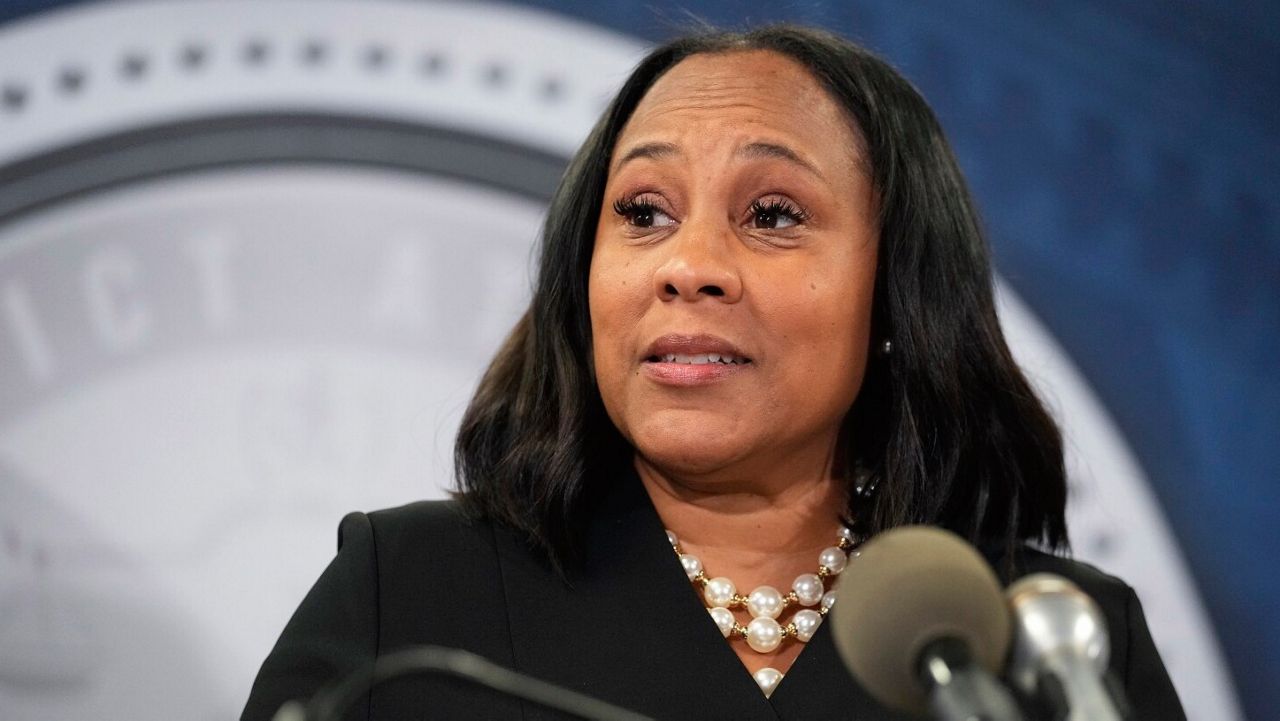HONOLULU — For 60 years, Hawaii’s presidential election of 1960 stood as a historical footnote, remarkable only as the new state’s first participation in selecting a new national leader.
However, following the 2020 presidential election and the subsequent efforts of incumbent President Donald Trump and his supporters to overturn a victory by Joe Biden, the election has been held up as a historical precedent in defense of so-called “alternate electors” in Georgia now facing prosecution for election interference.
The Hawaii election initially resulted in a narrow 140-vote victory for then-Vice President Richard Nixon.
The margin was close enough for a court to order a recount, which was still going on Dec. 19, the deadline for presidential electors to meet and cast their ballots.
The outcome of the recount would not affect the overall outcome of the presidential race, already handily secured by John Kennedy. Still, Nixon’s Hawaii electors happily abided by their duty to meet and cast their votes.
That didn’t stop Kennedy’s Hawaii electors from casting their own votes for their candidate despite Kennedy’s initial defeat and the results of the recount still pending.
The recount ultimately reversed the state results, awarding Kennedy an even narrower 115-vote win. The Kennedy electors subsequently reconvened to sign a new set of certifying documents, which Gov. Bill Quinn transmitted to Washington.
In his duties as vice president, Nixon accepted the third and final certification from Hawaii without comment or action on the previous two submissions.
While attorneys for the Georgia defendants claim the Hawaii case serves as viable precedent, essentially upholding their assertion that the act of convening alternate electors is not in itself illegal, Fulton County District Attorney Fani Willis rejected the assertion in a brief submitted to the Fulton County Superior Court, which is set to hear arguments against 19 election interference defendants, including Trump.
In the brief, Willis summarily dismissed the comparison between the action of the Georgia defendants and “actions that did not result in prosecution 60 years ago in a different jurisdiction with different election code and criminal statutes, presided over by different prosecuting agencies, and with differing substantive evidence of criminal intent.”
Willis highlighted crucial differences in the factual content of the two cases “so readily distinguishable as to make the comparison meaningless.”
“In 1960, by the December 19 date when the Hawaii electors met, the Republican slate of electors had been certified by the Governor based on the initial tally of votes, but due to the close margin of less than 150 votes, an official recount was ongoing,” Willis wrote. “In the present case, when Defendant (Cathy) Latham and the other fraudulent electors met, two recounts had already been completed, each of which confirmed a margin of victory for then-candidate Biden of more than eleven thousand votes.”
Cathy Latham was one of 16 Georgia Republicans who signed a certificate claiming to be “duly elected and qualified electors,” falsely attesting that Trump had won the 2020 election.
Willis noted that when the Hawaii recount resolved the election in Kennedy’s favor, and a court affirmed the process, the governor recertified the election and appointed the Democratic slate of electors.
“It was this official certification of the Democratic electors that was counted in the Electoral College tally on January 6, 1961,” she wrote. “Defendant and her cohort of fraudulent electors had no such official stamp of approval. Their losing effort was never reversed by a recount, never subjected to the supervision of any court, never certified by the Governor, and never sent through official channels to the Senate. Instead, it was used to further a clumsy but relentless pressure campaign on the Vice President and state legislatures, and as a means to publicly undermine the legitimate results of the presidential election. There is no guiding precedent to be found here.”
Michael Tsai covers local and state politics for Spectrum News Hawaii. He can be reached at michael.tsai@charter.com.



